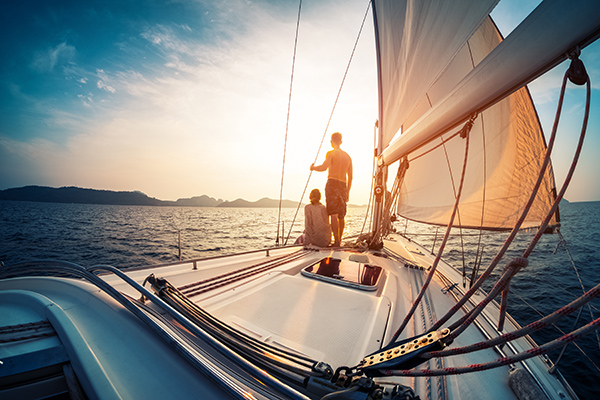 Now that summer has arrived, we will be seeing a lot more boats out on the water soon, which means there will also be more boat accidents. Boating accidents often have horrific consequences, so it’s important to always be safe when out on the water, whether you’re on a boat or nearby one.
Now that summer has arrived, we will be seeing a lot more boats out on the water soon, which means there will also be more boat accidents. Boating accidents often have horrific consequences, so it’s important to always be safe when out on the water, whether you’re on a boat or nearby one.
If you are hurt in a boat accident, you may be wondering about your legal rights. We’ve compiled a summary of some of the things we think you should know.
Negligence in Personal Injury Cases
Similar to other personal injury cases, you have to be able to prove another person’s negligence caused the accident. Without proving negligence, you may not be able to recover money to pay for medical bills and other expenses.
What Are the Most Common Causes of Boat Accidents?
Depending on how the accident actually happened, your case could go a few different ways. The most common causes of boating accidents include:
- Two boats crash into each other
- Your boat crashes into a rock or some other submerged object
- You hit another boat’s wake or a wave
- Accidents involving alcohol
If you are a passenger on a boat that crashes with another boat, you may have a case against the driver of each boat since they will likely share liability for the crash. Drivers typically can only file a case against the other operator if they were more than 50 percent responsible for the accident.
The driver of a boat could potentially be found negligent if they hit a rock or some other submerged object if they are ignoring nautical maps or driving too fast or recklessly. If they are going slow and being cautious, it is unlikely that they would be declared negligent after a crash.
When a boat smashes into the wake of another boat or a large wave, it can easily throw objects and passengers everywhere, causing serious injury. These cases are often more complicated since there are usually more variables involved. There are laws and regulations which require boat operators to be cautious and keep an eye out for potentially dangerous conditions, such as a large wake or wave. A boat driver’s legal liability will largely depend on:
- The size of the wave or wake
- General visibility at the time of the accident
- The type of boat (motorboat or sailboat)
- The speed of the boat
- Whether or not the driver warned the passengers before hitting the wake
Accidents involving one or more drunk drivers unfold very similar to drunk driving car accidents. You cannot operate a boat with a blood alcohol level of .08 or more. If you are injured because of the actions of a drunk driver, you may have a strong case against the boat operator.
For more information about liability and your legal options following a boating accident, read our page about maritime law, and follow us on Facebook and Twitter.
San Diego boat accident attorney Bonnici Law Group has years dealing with legal liability in on-the-water accidents, and takes pride in helping people injured in water vehicle accidents recover.









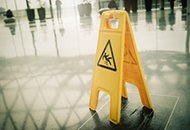
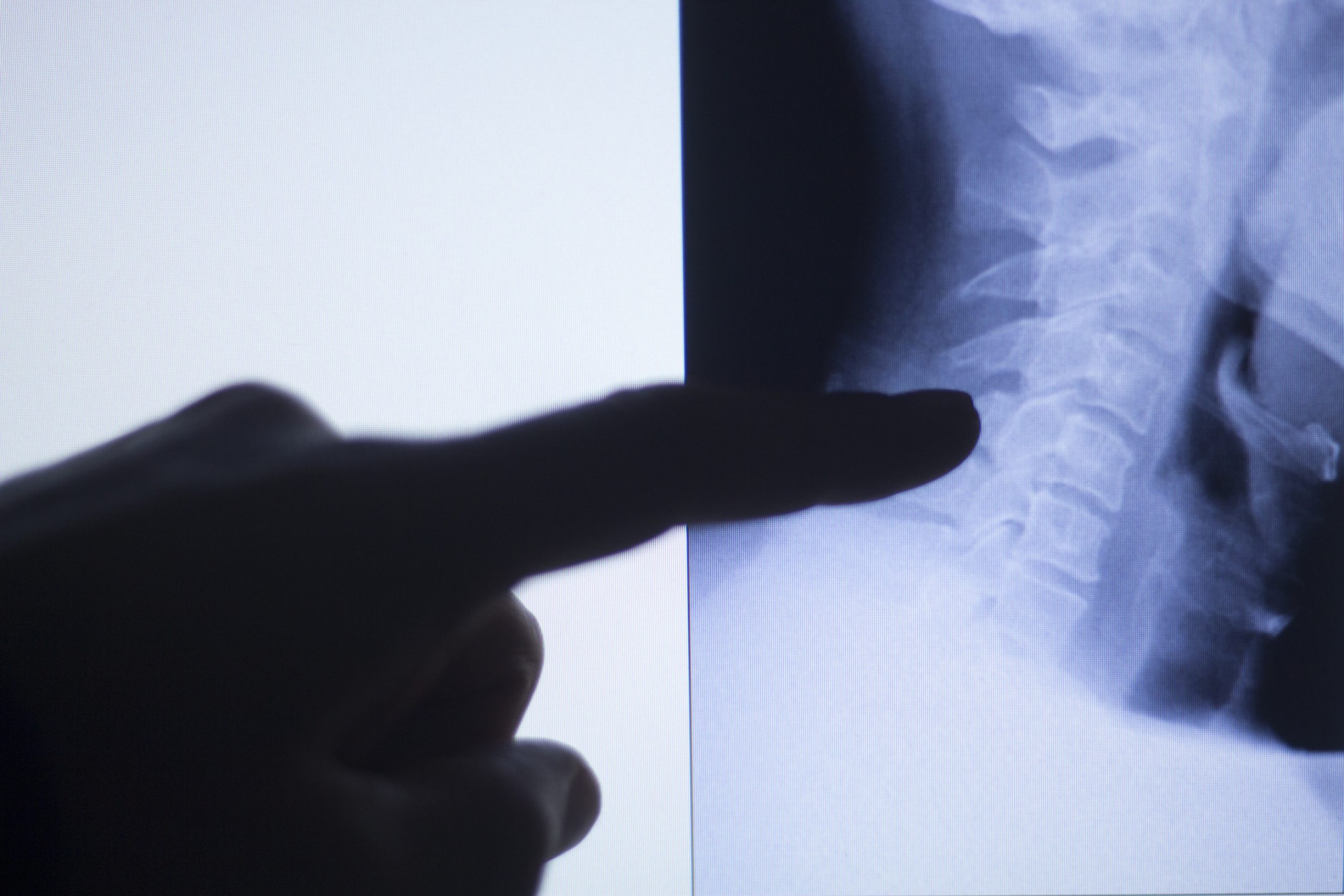

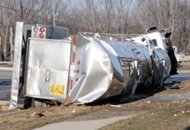
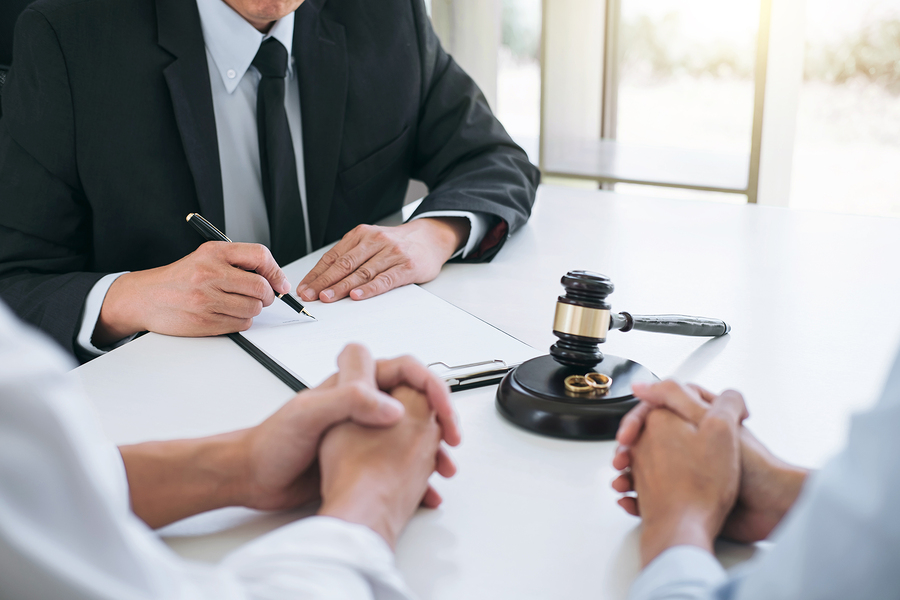
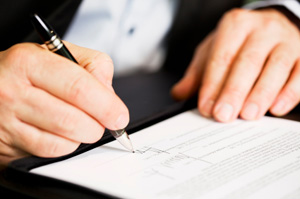
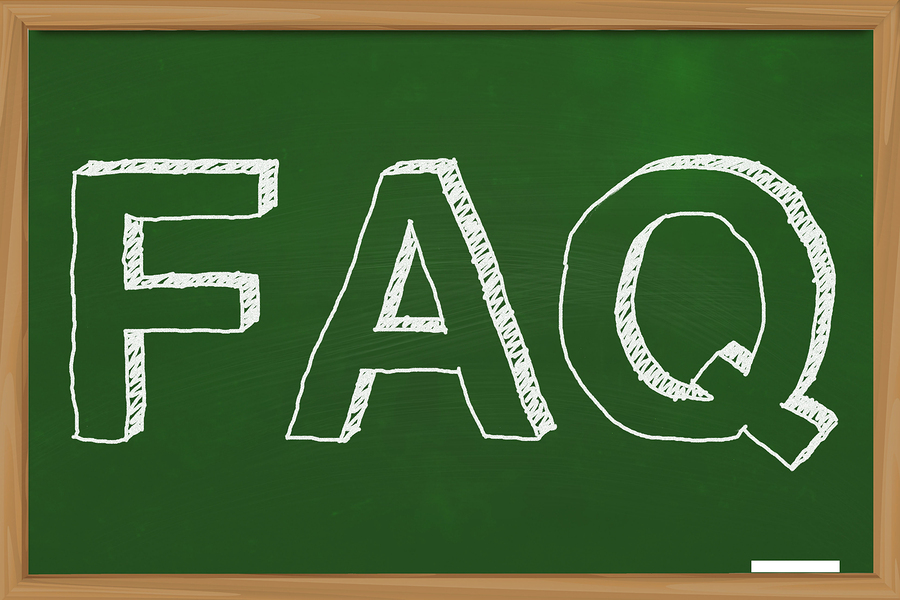
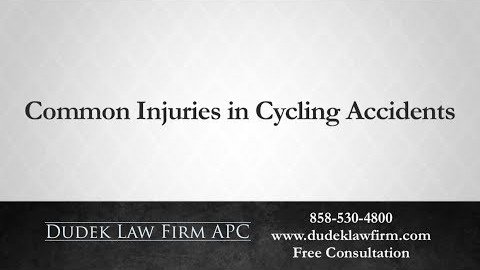

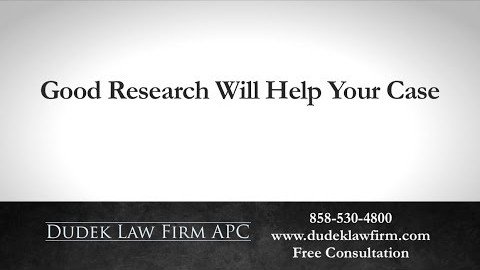
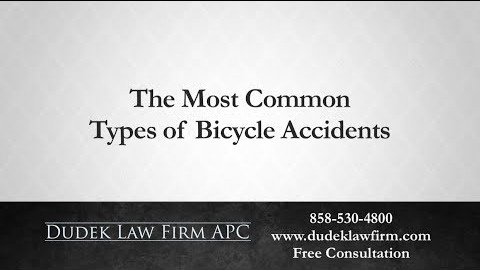
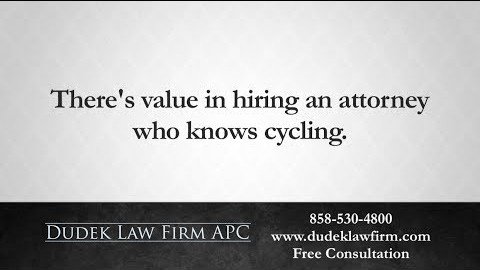
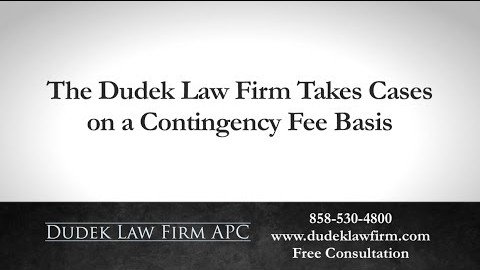
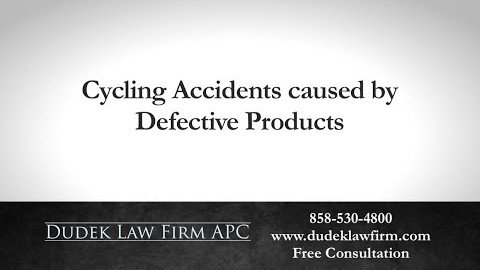
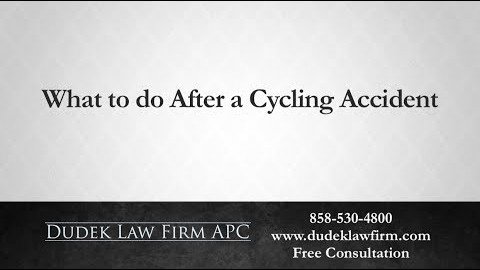

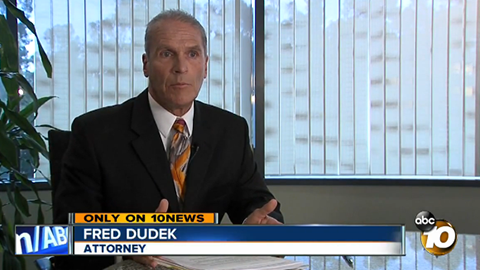
 1620 5th Avenue
1620 5th Avenue 1620 5th Avenue
1620 5th Avenue